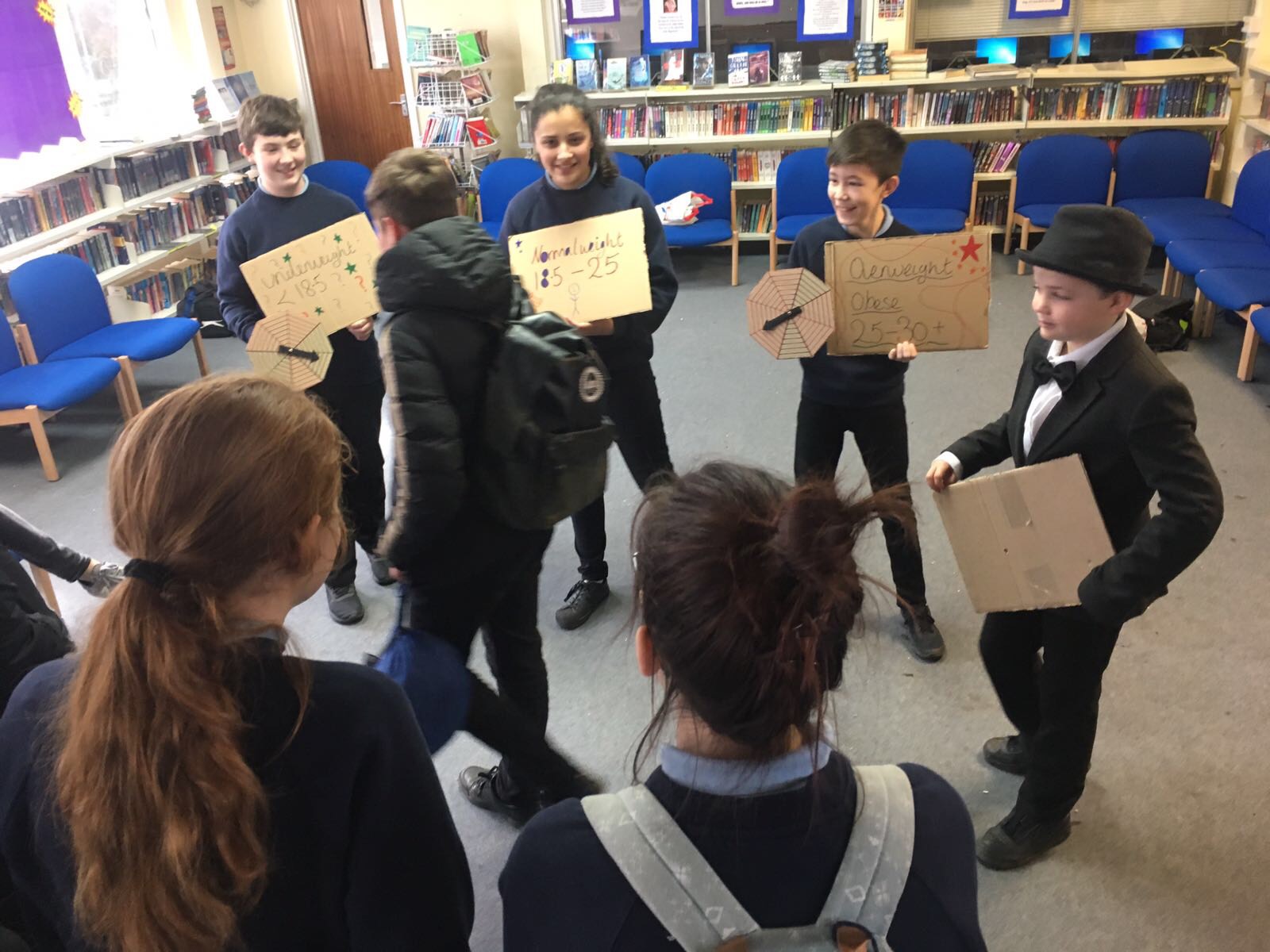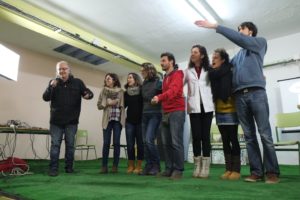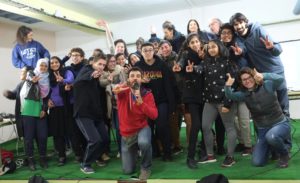PERFORM science communicators designed innovative performance-based science education activities (PERSEIAs) addressing the human dimension of science and RRI values by testing different approaches with students: clown based on improvisation theatre in France, stand-up comedy in Spain, and science busking in the UK.
Academic partners evaluated its impact on students’ learning and engagement in STEM according to a set of expert-based and participatory indicators assessing the inclusion of the RRI values, potential changes in students’ attitudes, knowledge and perceptions towards science and the acquisition of the transversal competences needed to pursue STEM careers. The conceptualisation and results of this assessment were included in three academic publications of international scope. Also, for assessment purposes, qualitative research was conducted on the role of social media in young people’s responses to PERSEIAs.
Finding the right indicators to  assess the implementation of responsibility values in science education
assess the implementation of responsibility values in science education
Do we have the right indicators to assess the implementation of Responsible Research and Innovation (RRI) values in science learning? Given the emergence of the RRI paradigm and the complexity of learning processes assessment the answer might seem obvious: not yet. But reality is, as usual, more complex than its obvious appearance. The PERFORM project team has developed a research that aims at identifying some indicators that might be useful to assess the responsible behaviours in science teaching and learning. The work generate an article where reflections and guidelines are presented not as a toolkit but as a stepping stone for further researches in the field.
Article on RRI indicators in science education
 From White Lab Coats and Crazy Hair to Actual Scientists: Exploring the Impact of Researcher Interaction and Performing Arts on Students’ Perceptions and Motivation for Science
From White Lab Coats and Crazy Hair to Actual Scientists: Exploring the Impact of Researcher Interaction and Performing Arts on Students’ Perceptions and Motivation for Science
We examine the impact of researchers’ interaction and drama-based techniques when learning science on students’ views of scientists and motivations for studying science. We do so through mixed-methods in five secondary schools in three countries. Students changed their perception of scientists toward a less stereotyped image, particularly where their interaction with researchers was higher. Pupils’ interest for scientific careers significantly increased where drama-based techniques were more inserted into the pedagogical approach. Promoting long-term interaction with scientists in school settings combined with embedded drama-based methods in science learning/teaching can contribute to reconstructing students’ views on who can be engaged in science.
From White Lab Coats and Crazy Hair to Actual Scientists
 ‘What do I like about science-related activities?’ Participatory indicators addressing students’ motivations and needs when learning science.
‘What do I like about science-related activities?’ Participatory indicators addressing students’ motivations and needs when learning science.
Chapter of the book “Stability and Change in Science Education: Meeting basic learning needs”.
Heras, M., Ruiz-Mallén, I. 2018. ‘What do I like about science-related activities?’ Participatory indicators addressing students’ motivations and needs when learning science. In (pp: 201-228): In Katz, P. & Avraamidou, L. (Eds.). Stability and change in science education: Meeting basic learning needs; Homeostasis and Novelty in Teaching and Learning. Leiden, The Netherlands: Brill/Sense Publishers. ISBN: 978-90-04-39163-5
